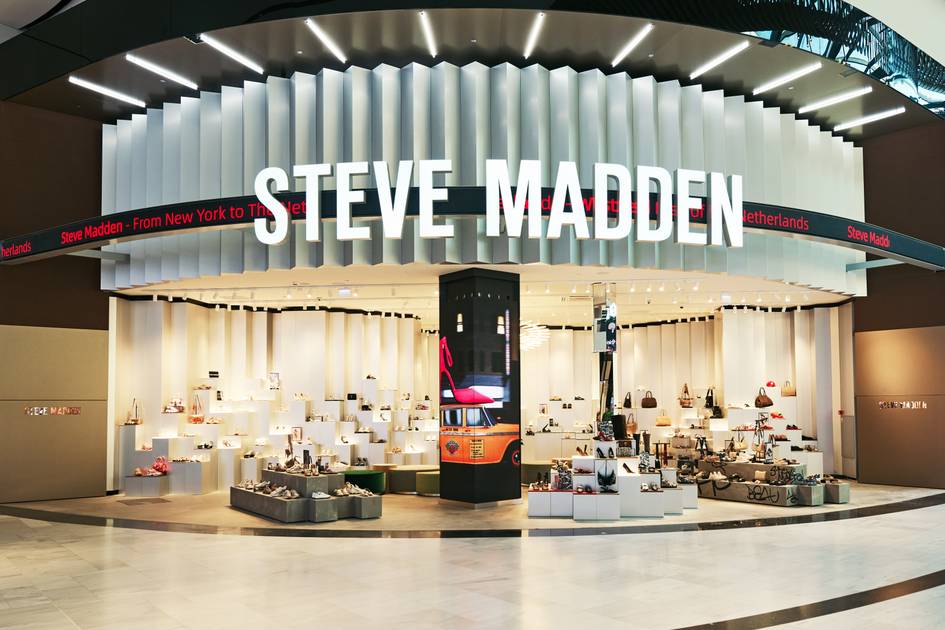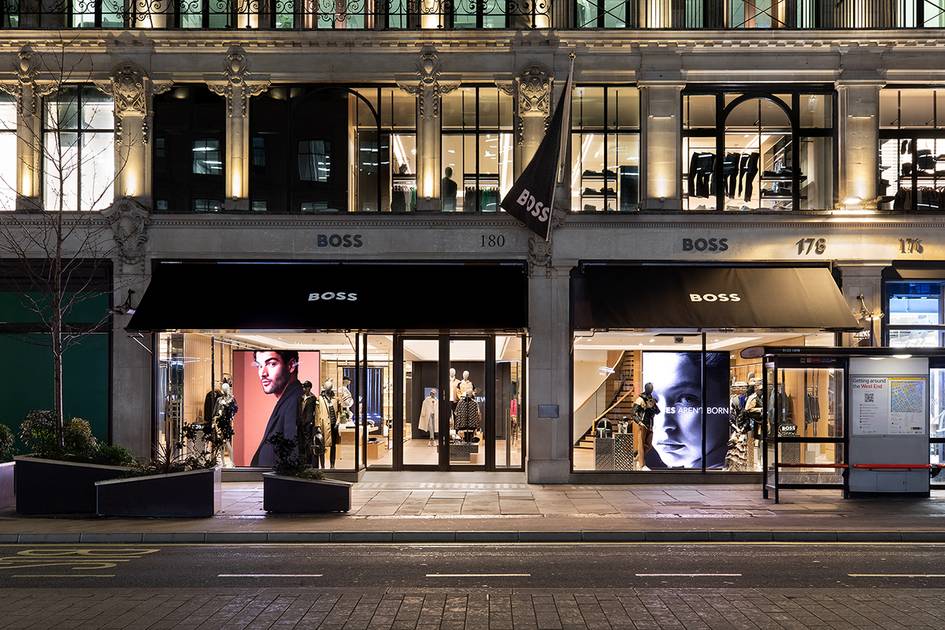How to manage privacy risks and customer impact following a data breach like Dior's
Dior Lunar New Year campaign and collection. Credits: Dior. French luxury fashion house Dior recently confirmed that it was the victim of a data breach last week in a message sent to those affected, which saw the personal information of some of its customers compromised. The incident saw an unauthorized party access part of the client data bases LVHM-owned brand, exposing customers’ names, mobile phone numbers, email addresses, mailing addresses, and purchase history, among other information in multiple countries, including China and South Korea. Details surrounding how the breach may have occurred and how many customers were impacted have not been disclosed by Dior. Although no financial data was exposed, the leak of detailed personal profiles highlights growing concerns around cybersecurity standards in the fashion retail landscape. Dior's data breach is a "a stark reminder that luxury doesn’t mean immunity" With targeted scams increasing across the retail sector, the importance of investing in cybersecurity and remaining up to date with the latest technologies becomes imperative for brands, retailers, and customers alike. “When a luxury brand like Dior is breached, it’s not just data that’s compromised, it’s trust,” said Marijus Briedis, chief technology officer at NordVPN, a cybersecurity software company based in Lithuania, in a statement. “The exposure of customer profiles, preferences, and contact information may seem non-financial, but in the wrong hands, it becomes a blueprint for exploitation.” “It’s a mistake to assume that only financial information matters in a breach. In reality, knowing what someone buys, where they live, and how they shop is just as dangerous. For cybercriminals, Dior’s customer data is a goldmine for psychological targeting,” he added. With access to purchase history and personal details, cyber attackers can create phishing emails that closely mimic official Dior communications, making them almost impossible to spot as fake, putting their customers at risk. Briedis points out that a brand’s perceived status, like Dior, does not make them immune to potential breaches and cyber attacks. “High-end brands are prime targets because their customers are often high-value individuals. For attackers, this is about both data and influence,” he stressed. “Dior may have contained the damage, but the ripple effects land squarely in the customer’s inbox. Now is the time for consumers to get serious about password hygiene, watch for targeted scams, and treat every message skeptically.” He shares his top tips for brands, retailers, and customers to stay safe from data breaches: Use strong, unique passwords: Each online account should have a different password. Password managers like NordPass make it easy to create and store them securely. Enable Multi-Factor Authentication (MFA):Adding this step makes it significantly harder for attackers to access accounts, even if credentials are leaked. Watch for phishing attempts: Be wary of emails or messages that appear to come from Dior, especially those referencing previous purchases or offering limited-time offers. Check your account activity:Regularly review your online accounts and any linked services for suspicious activity or unauthorized logins. Stay informed: Pay attention to official updates from brands or retailers regarding breaches and follow their recommended next steps.

French luxury fashion house Dior recently confirmed that it was the victim of a data breach last week in a message sent to those affected, which saw the personal information of some of its customers compromised.
The incident saw an unauthorized party access part of the client data bases LVHM-owned brand, exposing customers’ names, mobile phone numbers, email addresses, mailing addresses, and purchase history, among other information in multiple countries, including China and South Korea.
Details surrounding how the breach may have occurred and how many customers were impacted have not been disclosed by Dior. Although no financial data was exposed, the leak of detailed personal profiles highlights growing concerns around cybersecurity standards in the fashion retail landscape.
Dior's data breach is a "a stark reminder that luxury doesn’t mean immunity"
With targeted scams increasing across the retail sector, the importance of investing in cybersecurity and remaining up to date with the latest technologies becomes imperative for brands, retailers, and customers alike.
“When a luxury brand like Dior is breached, it’s not just data that’s compromised, it’s trust,” said Marijus Briedis, chief technology officer at NordVPN, a cybersecurity software company based in Lithuania, in a statement. “The exposure of customer profiles, preferences, and contact information may seem non-financial, but in the wrong hands, it becomes a blueprint for exploitation.”
“It’s a mistake to assume that only financial information matters in a breach. In reality, knowing what someone buys, where they live, and how they shop is just as dangerous. For cybercriminals, Dior’s customer data is a goldmine for psychological targeting,” he added.
With access to purchase history and personal details, cyber attackers can create phishing emails that closely mimic official Dior communications, making them almost impossible to spot as fake, putting their customers at risk.
Briedis points out that a brand’s perceived status, like Dior, does not make them immune to potential breaches and cyber attacks. “High-end brands are prime targets because their customers are often high-value individuals. For attackers, this is about both data and influence,” he stressed.
“Dior may have contained the damage, but the ripple effects land squarely in the customer’s inbox. Now is the time for consumers to get serious about password hygiene, watch for targeted scams, and treat every message skeptically.”
He shares his top tips for brands, retailers, and customers to stay safe from data breaches:
- Use strong, unique passwords: Each online account should have a different password. Password managers like NordPass make it easy to create and store them securely.
- Enable Multi-Factor Authentication (MFA):Adding this step makes it significantly harder for attackers to access accounts, even if credentials are leaked.
- Watch for phishing attempts: Be wary of emails or messages that appear to come from Dior, especially those referencing previous purchases or offering limited-time offers.
- Check your account activity:Regularly review your online accounts and any linked services for suspicious activity or unauthorized logins.
- Stay informed: Pay attention to official updates from brands or retailers regarding breaches and follow their recommended next steps.

























































































































































